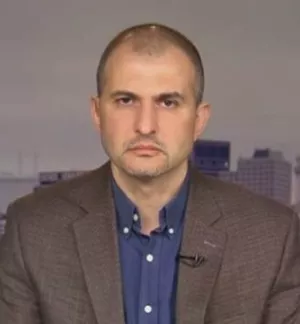One of the few things America’s Joe Biden and Russia’s Vladimir Putin had agreed upon prior to their first summit almost half a year ago was that they would not hold a joint press conference after their June 16 huddle at an 18th century villa in Geneva. The two presidents’ decision to talk to press separately came as no surprise, given how many major issues they publicly disagreed on at the time. Moreover, while Biden reportedly acted to delay a missile test that could have raised tensions with Russia prior to the summit, the U.S. president asserted publicly that he did not view the meeting as an end in itself: Whatever he and his Russian counterpart agreed on during the four-hour sit-down had to be implemented if U.S.-Russian relations were to move away from hyper-tension during his presidency, Biden said. He even set a deadline for taking stock of progress: “What is going to happen next is we’re going to be able to look back … in three to six months and say, ‘Did the things we agreed to sit down and try to work out, did it work? … [A]re we closer to a major strategic stability talks and progress? Are we further along in terms of…’—and go down the line. That’s going to be the test,” Biden told his post-summit press conference. “This is not about trust; this is about self-interest and verification of self-interest,” he added.
As Biden’s self-imposed deadline of Dec. 16 nears, I have decided to comb through open sources to review the two leaders’ agreements and offer a mostly subjective assessment of their implementation, if only to try to gauge whether or not Biden will give up on Putin (and vice versa), as most of his recent predecessors eventually did.
Saradzhyan, Simon. "6 Months On: Does the Biden-Putin Summit Get a Passing Grade?," Russia Matters, December 1, 2021.
The full text of this publication is available in the link below.


